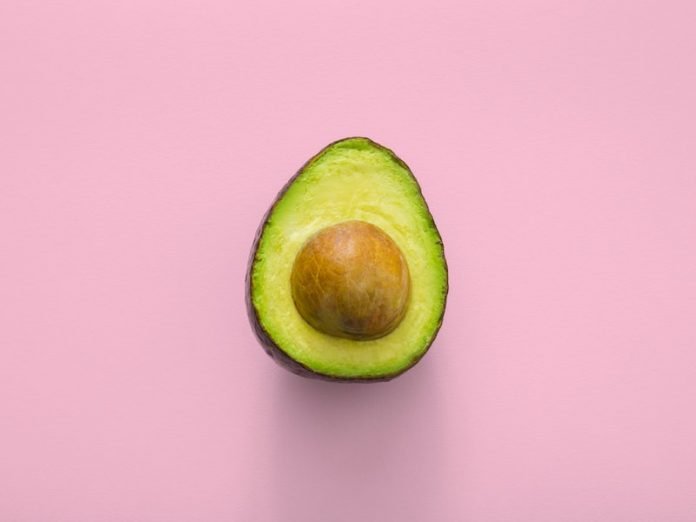
In a new study from the University of Illinois Urbana-Champaign, researchers found an avocado a day could help redistribute belly fat in women toward a healthier profile.
One hundred and five adults with overweight and obesity participated in the study that provided one meal a day for 12 weeks.
The team found women who consumed avocado as part of their daily meal had a reduction in deeper visceral abdominal fat.
In the abdomen, there are two kinds of fat: fat that accumulates right underneath the skin, called subcutaneous fat, and fat that accumulates deeper in the abdomen, known as visceral fat, that surrounds the internal organs.
Individuals with a higher proportion of that deeper visceral fat tend to be at a higher risk of developing diabetes.
So the researchers were interested in determining whether the ratio of subcutaneous to visceral fat changed with avocado consumption.
The participants were divided into two groups. One group received meals that incorporated a fresh avocado, while the other group received a meal that had nearly identical ingredients and similar calories but did not contain avocado.
At the beginning and end of the 12 weeks, the researchers measured participants’ abdominal fat and their glucose tolerance, a measure of metabolism and a marker of diabetes.
They found women who ate an avocado a day as part of their meal had a reduction in visceral abdominal fat – the hard-to-target fat linked to higher risk – and experienced a reduction in the ratio of visceral fat to subcutaneous fat.
This indicates a redistribution of fat away from the organs. However, fat distribution in men did not change, and neither males nor females had improvements in glucose tolerance.
The team says while daily consumption of avocados did not change glucose tolerance, a dietary pattern that includes an avocado every day impacted the way individuals store body fat in a beneficial manner for their health, but the benefits were primarily in women.
It’s important to demonstrate that dietary interventions can modulate fat distribution.
If you care about weight loss, please read studies about this obesity drug can help both younger and older people lose weight and findings of this drug can help achieve weight loss, but exercise is the key.
For more information about weight loss, please see recent studies about the secret behind maintaining a healthy weight loss and results showing that ‘achievable’ weight loss may reverse type 2 diabetes.
The study is published in the Journal of Nutrition. One author of the study is Naiman Khan.
Copyright © 2021 Knowridge Science Report. All rights reserved.



